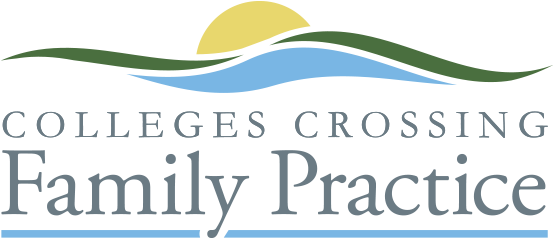Wry neck is also known as acute torticollis (‘twisted column’ in Latin) which to me sounds a bit like the name of animal found in the dungeons of a castle. Just as you would expect from a dungeon creature, it attacks quickly and is very unpleasant. It is a severe stiffness or spasm of the neck, sometimes bad enough to tilt the top of your head to one direction and your chin in the other direction. Wry neck often comes on suddenly, usually just as you’re getting out of bed and it can affect both kids and adults.
It is mostly caused from minor inflammation to the neck muscles or irritation to the nerves in the neck (something about 1 in 4 of us will get in our lifetimes), and although it is very painful and anxiety-provoking, it is usually relative short-lived and easy to manage.
If you have had a head or neck injury and develop wry neck you had best immobilise the neck and seek emergency medical care – it could be a significant injury that your body is trying to protect itself from. There are some other very serious causes for a wry neck, like abscesses in the throat (more so in kids), spinal tumours, or sometimes heart attacks can present like this, so even though these causes are rare, if you are concerned it’s best to get checked out promptly. In children is it especially important to check and treat for any infection that might have triggered the wry neck such as tonsillitis.
If you’ve ruled out any of the nasty causes for wry neck the management is quite simple – gently get the muscles moving normally again. The best way to do this is with isometric exercises (Google it, there are some good YouTube demonstrations). Anti-inflammatory medications can also be helpful if you can take them, and a warm pack can feel soothing.
Anyone who has suffered a wry neck will agree – avoiding a wry neck where possible is the best idea. Do this by being active with regular exercise to keep your core muscles strong, and be mindful of posture, especially in front of electronic devices. I don’t think staying out of dungeons is considered evidence-based advice for neck health, but it also sounds like a generally safe strategy based on my knowledge of medieval literature….
Dr Cath Hester and Dr Tony Bayliss
These articles are not intended to replace a one-to-one relationship with a qualified health professional or as specific medical advice. They are intended as a sharing of knowledge and information from experience and research in the scientific literature. I encourage you to make your own health care decisions based upon a partnership with a qualified health care professional.
